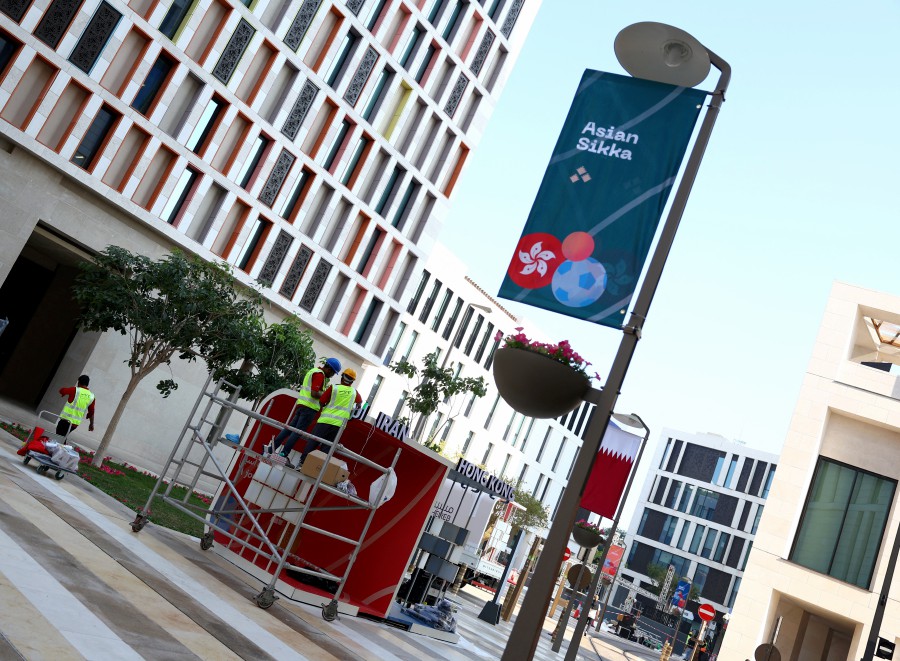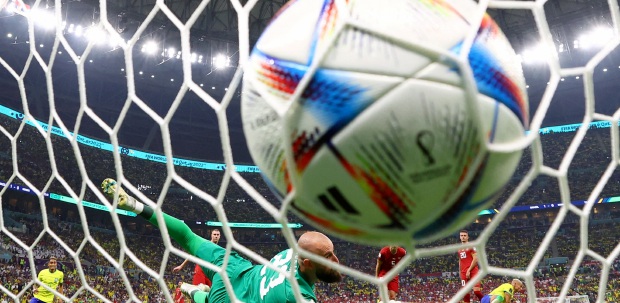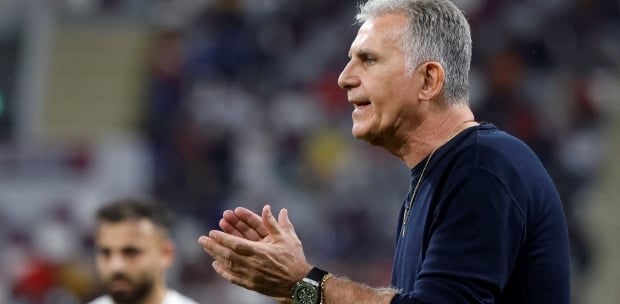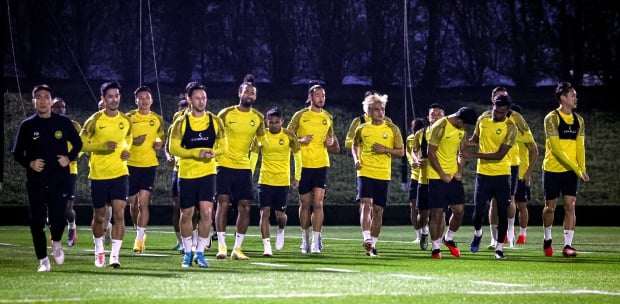DOHA: Less than 13 months after hosting one of the all-time great soccer World Cup finals, Qatar takes centre stage once again when 24 nations compete for the AFC Asian Cup in nine stadiums spread across the capital city of Doha.
Twelve years of controversy dogged the World Cup when Qatar were named 2022 hosts as the Muslim Gulf nation denied allegations of abuse of workers, discrimination and bribery to win hosting rights.
Qatar built new stadiums that were written off by critics as a waste of resources for a country with no football culture, with the venues seen as nothing more than potential white elephants.
But the world took notice when Qatar won their first Asian Cup title in 2019. Although the team failed to deliver at the World Cup, the seeds were sown as the sport grew in popularity.
With China backing out of hosting the 2023 edition due to its 'zero-COVID' policy, Qatar -- who have hosted the Asian Cup twice before in 1988 and 2011 -- took the opportunity with both hands to bring the tournament back to west Asia once again.
"Just over a year ago, Qatar hosted an exceptional World Cup, the first in the Middle East and Arab world, delivering a meaningful and long-lasting legacy," said Hassan Al Kuwari, the marketing and communications director of the local organising committee.
"The Asian Cup builds on this sporting legacy."
SPORTING CAPITAL
In their bid to become the sporting capital of the world, Gulf states have flexed their financial might by hosting marquee events.
Apart from soccer, Qatar has hosted major boxing bouts and both the Formula One and MotoGP grands prix, while the 2024 World Aquatics Championships will also be held in Doha next month -- another first for a country in the Middle East.
While the 2022 World Cup was not without controversy for the host nation and filled with mounting criticism off the pitch, once the first ball was kicked, the action on the field stole the spotlight.
The tournament defied doubts that the tiny country could host an event on such a grand scale and Qatar will hope the Asian Cup can do the same.
"I've participated in Olympic Games, the Euros, the last Asian Cup - you can't compare this organisation with others. Thanks to Qatar, the country and football federation, for amazing facilities," said Lebanon coach Miodrag Radulovic.
Although the Asian Cup's popularity pales in comparison to the World Cup or the Euros, it has a rich history and is the second oldest continental championship in the world after the Copa America.
Qatar won the title in 2019 amid a diplomatic row and political tension in the Gulf. But since the World Cup, those bitter feuds have been set aside.
And from the opening game on Friday where Qatar play Lebanon, the hosts will once again open their arms to an influx of fans from around the region -- especially with nearly half the countries in the tournament from the Middle East.
But not everything is rosy in Qatar, which has struggled to shake off allegations of human rights abuses with Amnesty International saying in 2021 that practices such as withholding salaries and charging workers to change jobs were still rife, despite labour reforms in 2014.
Homosexuality is also illegal in the conservative Muslim country, and during the World Cup concerns were raised for fans travelling to the event -- especially LGBT individuals and women, who rights groups say Qatari laws discriminate against. --REUTERS





